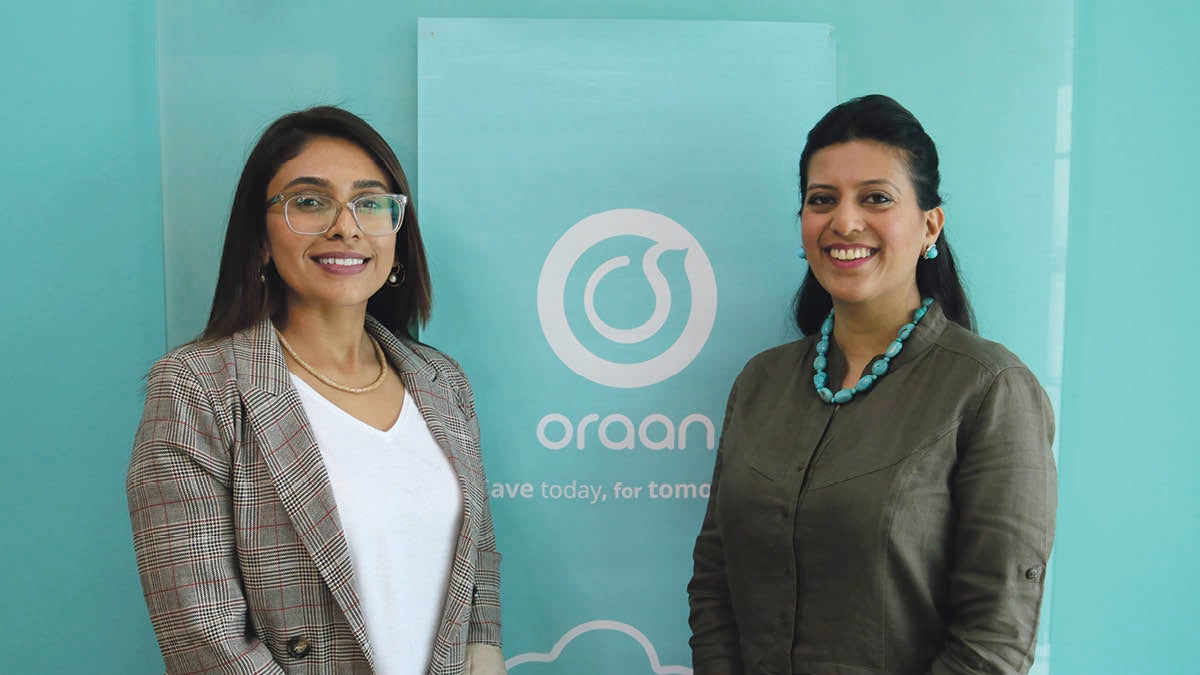
L-R: Ezechi Britton,
Yvonne Bajela, Eric
Collins, Erica Motley,
Paula Groves
An explosion of intersectional entrepreneurs has led the way in bridging economic justice and interconnectivity. Where mainstream fintechs focus on mass markets, diverse fintechs are unlocking the financial potential of underserved communities.
Coronavirus has shaped the way we interact, consume and act, inevitably changing the way we approach problems and build solutions. All across the world, a sense of collective community has been brought to the forefront to establish financial solutions.
Digital payments are here to stay
As the world went into lockdown, the impact of COVID-19 accelerated the shift to digital payments as many moved online. While Europe leads the cashless crusade, countries across the global south have faced a crisis with economies dependent on cash.
Turkey has seen an exponential uptake in cryptocurrency adoption, as the Turkish lira continues to plummet against the dollar. Such financial instability in traditional finance has left a wealth of opportunity for communities who may have once lacked exposure to alternative finance.
Daniel Ahmed, Co-founder of Fasset, an ethical finance platform connecting the real and digital economy through the tokenisation of sustainable assets explains, “People in the MENA region lack ethical investment options. As crypto becomes a more viable and lucrative form of investment, demystifying and democratising access to this emerging asset class becomes ever more important.”
To date, Fasset has garnered wide traction across the region with over 15,000 sign-ups to the platform since its launch in early November, as it continues to have tangible impact on often overlooked diverse markets.

chief executive of Oraan
and Farwah Tapal, founder
and chief operations officer
Financial inclusion key to financial freedom
Financial literacy has helped to break down barriers, providing awareness around common financial misconceptions. Diversity in fintech is building a path to financial freedom for intersectional communities.
Oraan, the first female-led fintech in Pakistan, offers people a chance to develop their financial prowess digitally through group savings, a long-standing financial tool in developing countries. By creating digital savings groups, known as committees, Oraan has brought the security of an established financial tool into the digital era.
Founder and chief executive Halima Iqbal explains: “We built a platform where women can participate within the financial system and feel validated; by having their own financial identity, they can benefit from the formal economy.”
With more than 150,000 downloads and 85 per cent of their 10,000 reservations attributed to women, Oraan has tapped into a core underserved market, providing more financial equality within the Pakistani economy. In a country where women make up 48 per cent of the population, yet only 6.3 per cent are included in the formal economy, this is a significant achievement.
The current fintech landscape is dominated by products that serve business interests and the wealthy, while worldwide, people are experiencing growing inequality
Access to additional income has helped to secure monumental milestones for female users. Iqbal says: “Women are coming to Oraan with their personal issues too. Digital committees have helped women to contribute to their households, as well as finance more personal issues such as IVF treatment.”
Oraan has opened channels for women to talk about their financial goals and what it means to them through online communities, in turn building more trust within the community and in the product too.
The Pakistani female fintech isn’t alone in creating tangible solutions in South Asia. Thaslima Begum, chief executive of TEEK TAKA, a trade finance platform working to improve labour conditions in the global fashion industry, believes there’s potential for fintech to go further. “While digital payment systems are a great aid, we need to address the underlying flaws of our financial system,” she says.
Initially focusing on Bangladesh, the world’s second-largest clothing manufacturer, TEEK TAKA is currently supporting factories hit by the pandemic with their financing needs. Following order cancellations of more than £1.6 billion, such financial implications have left thousands of factories and the 4.2 million garment workers in a precarious situation.
“The current fintech landscape is dominated by products that serve business interests and the wealthy, while worldwide, people are experiencing growing inequality.”
Why representation matters in fintech
Although these diverse fintechs are helping people on the ground just like them, it doesn’t come without struggles for their founders. According to Atomico’s 2019 The State of European Tech report, only 4 per cent of founders in Europe were of Asian background, while 0.9 per cent were from a Black-African or Caribbean background.
Alarmingly, only 38 Black entrepreneurs received venture capital funding in the last decade, with Black female entrepreneurs being hit the hardest, gaining only 0.02 per cent of the total capital invested. It is evident there are higher barriers to entry for diverse founders.
Ezechi Britton, a fintech founder turned venture capitalist (VC) at Impact X, believes the disparity of opportunities within our systems makes it more difficult for diverse founders to leapfrog into the industry, as they don’t have the same supportive infrastructure as more privileged individuals.
In a recent report by the British Business Bank, the Future Fund highlighted that for every £1 of VC investment in the UK, less than 1p is allocated to an all-female founder team. A deeper look into statistics provided by the UK government reveals the data only applies to senior management teams, skewing the statistics to portray a more inclusive outlook. Just 12 BAME (Black, Asian and minority ethnic) startups gained financial support.
Furthermore, the report says VCs are more likely to use their networks to source investments. As such, these barriers can only strengthen class, ethnic and gender divides.
However, there has been an accelerated push towards changing this from the top. Britton expands: “We’re seeing more diverse VCs trying to solve this problem, through targeted funds. Good Soil, 10x10 and Ada Ventures are all working towards increasing representation. At Impact X, we’re building a £100m fund, which we are currently raising and will deploy over the next 4 years.”
Traditionally, regulatory bodies have posed challenges for founders, now however they are looking towards bettering their relationships with startups around the world. The Financial Conduct Authority has provided solutions for fintechs to trial their products by obtaining a digital sandbox licence, while regulatory bodies in emerging markets are open to listening and adapting to meet the needs of consumers.
What does the future hold for diversity in fintech?
The experiences of diverse founders are shaping the way in which governments, regulatory bodies and investors are utilising their core skillset to tap into overlooked demographics. Diversity in fintech has led to mass innovation, solving deep-rooted problems experienced by underserved communities.
By promoting financial inclusion through tailor-made products, created by those with real knowledge of the lived experiences of these individuals, underserved communities can now access a financial system, where diverse fintechs are able to give them the reassurance and understanding that their voice matters too.

An explosion of intersectional entrepreneurs has led the way in bridging economic justice and interconnectivity. Where mainstream fintechs focus on mass markets, diverse fintechs are unlocking the financial potential of underserved communities.
Coronavirus has shaped the way we interact, consume and act, inevitably changing the way we approach problems and build solutions. All across the world, a sense of collective community has been brought to the forefront to establish financial solutions.
